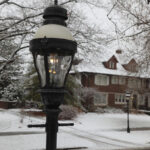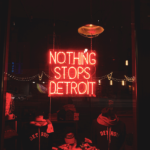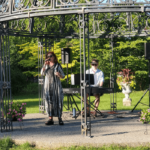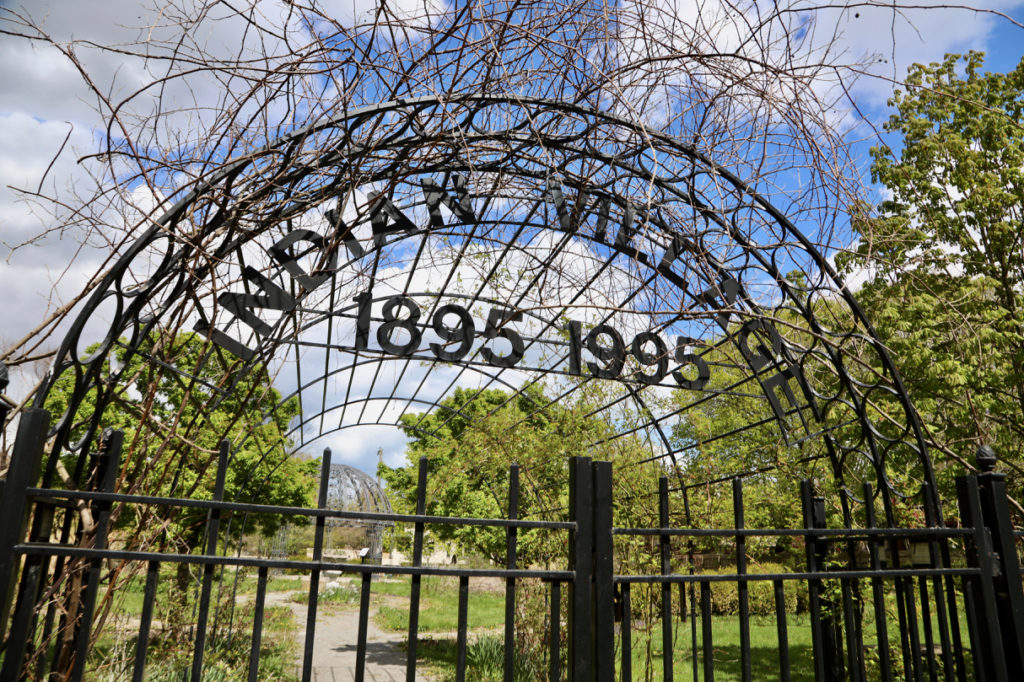 1894Indian Village Started
1894Indian Village StartedAround 1893, Cook's heirs formed the Cook Farm Company, Ltd. to develop a "first class residential district on a generous scale" and the prices were set high so that only the wealthy could build there. Despite the name, which likely grew organically from the street names, there is no evidence that Native Americans lived on the site of Indian Village.
- 1999
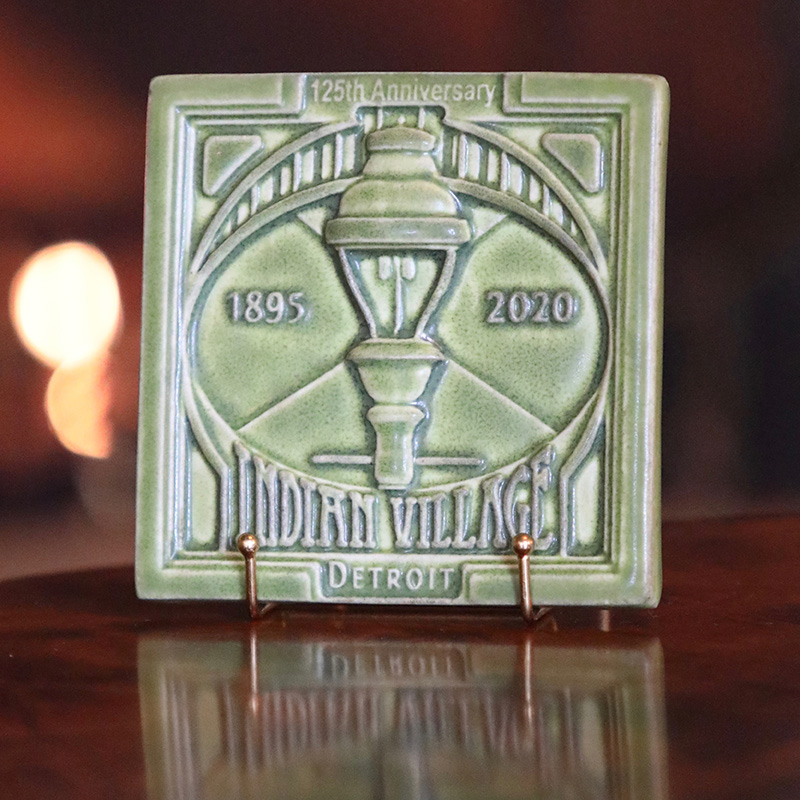 1937Historic Indian Village Associaton Formed
1937Historic Indian Village Associaton FormedThe Historic Indian Village Association was formed in 1937. It is dedicated to the following:
Promoting the continued development of Historic Indian Village as a prestigious residential district.
Conducting litigation for the enforcement of the single-family residence ordinance and building and use restrictions on property within Historic Indian Village.Doing things necessary and suitable for the general welfare and betterment within Historic Indian Village.
Supporting an archive collection established in 1973, which has gathered and microfilmed original blueprints, photographs and historical records of interest to this area.
The Historic Indian Village Association is your association. It is here to protect your interests and assist you with the requirements of living in a historic district.The Board of Directors holds a public meeting once a month. Everyone is encouraged to come to the meetings, join the association and help out on a committee.
- 1999
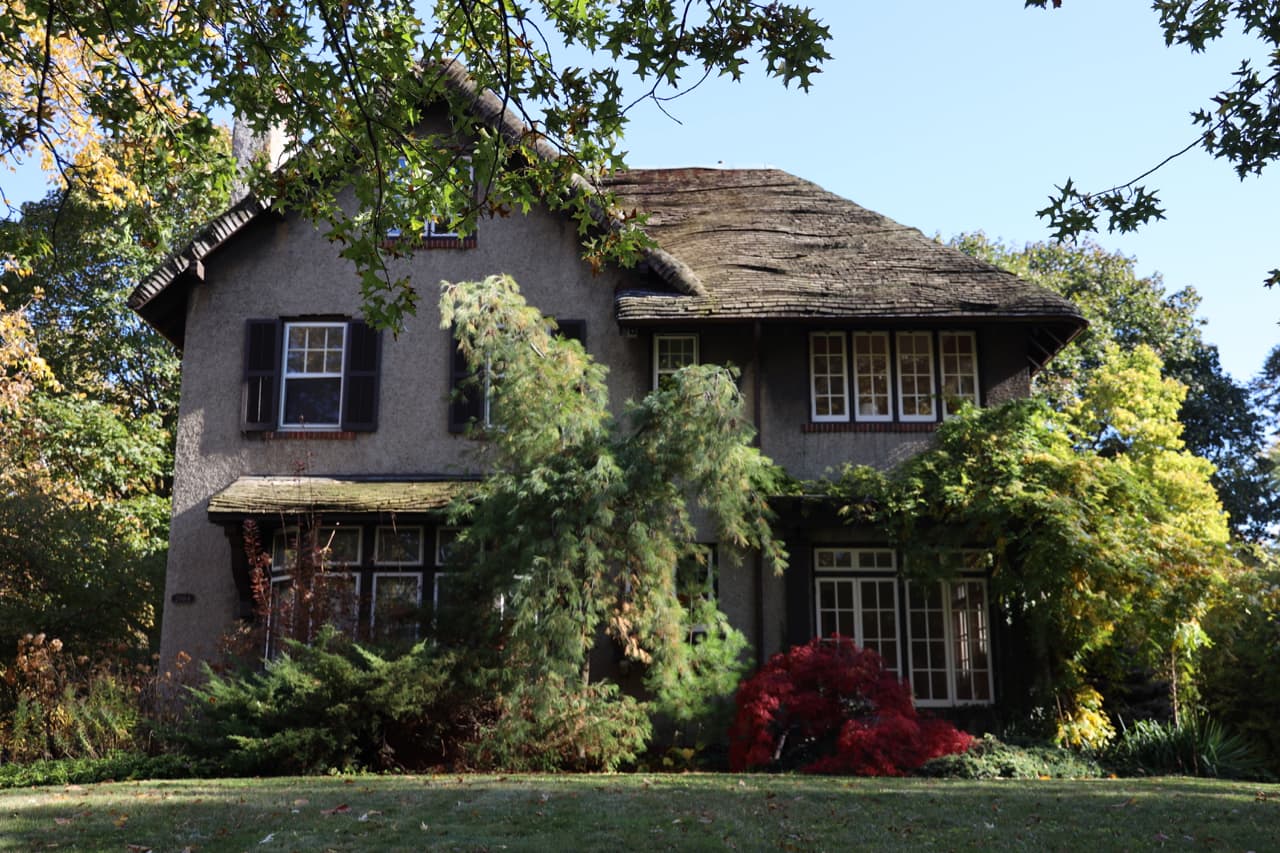 1971Historic Designation
1971Historic DesignationOn June 20, 1971, Indian Village became only the second historic district in the city of Detroit, a designation that has protected the more than 350 homes located on Burns, Iroquois and Seminole Streets between Jefferson and Mack Avenues ever since.
- 1999
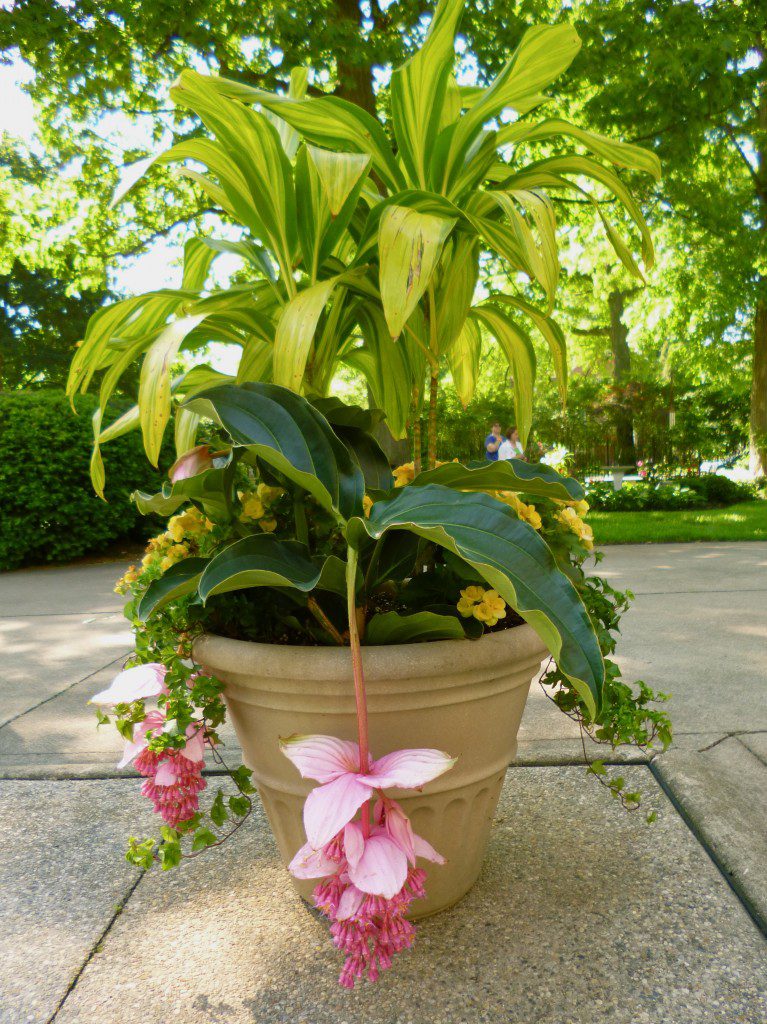 1953Woman's Garden Club
1953Woman's Garden ClubIn 1953, a key group of women decided to form a garden club; members could learn garden skills from professional presentations at meetings and from each other. Soon social activities and projects to beautify the neighborhood began to appear on the club calendar. Deep friendships developed. The club continues as an important part of Indian Village, now listed in the U.S. National Register of Historic Places.
- 1999
- 1973Archive Collection Started
Archive collection established in 1973, which has gathered and microfilmed original blueprints, photographs and historical records of interest to this area.
- 1999
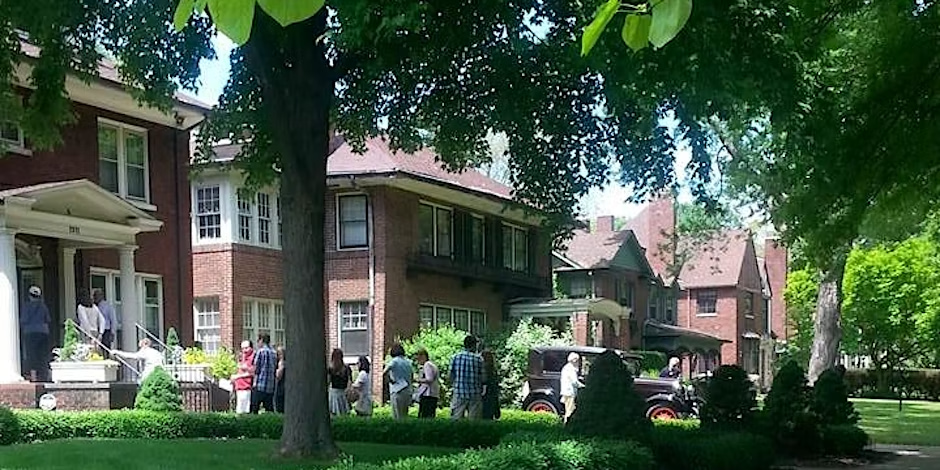 1976Home and Garden Tour Started
1976Home and Garden Tour StartedIt is the second oldest historic home tour of its kind in Michigan, preceded only by the Marshall Michigan Historic Home Tour.
- 1999
- 1982Men's Garden Club Started
Formed in 1982 by Villagers Joe Stanton, Alan Paul and Lee Morrell, as a garden club for both men and women, the Club has about 70 members. Most of its members live in Indian Village and West Village, but the group has members elsewhere in the Detroit Metropolitan areas as well. It started out as a garden and social club, and it still is, with members forming long-term friendships with one another. The group also actively works to improve the city-scape of the Indian Village and West Village neighborhoods, to make this a more pleasant place for all.
- 1999
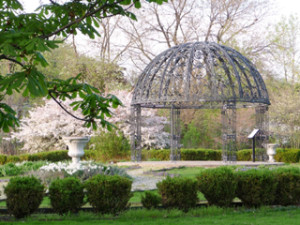 1995Centennial Garden Created
1995Centennial Garden CreatedThe Centennial Garden was created in 1995 by Historic Indian Village residents to commemorate its 100th anniversary, on three lots at the corner of Seminole and Charlevoix Avenues owned by Dr. and Mrs. William Kirtland. The lots were donated to the Historical Collections and leased to the Historic Indian Village Association. They are maintained by the Indian Village Men’s and Woman’s Garden Clubs from funds earned from the Indian Village Home and Garden Tour each year.
The Garden was designed by landscape architect Nancy Harris to resemble a century-old Victorian garden, replete with plantings typical of that period. The land was cleared, stripped of sod, and graded for the site. Years of planning and organizing then went into gathering supplies and volunteers for a 184’ x 200’ garden anchored by a central gazebo, protected by antique wrought-iron fencing secured by residents from the Water Department, and containing “century-old” urns and benches to accompany turn-of-the century plantings.
- 1999
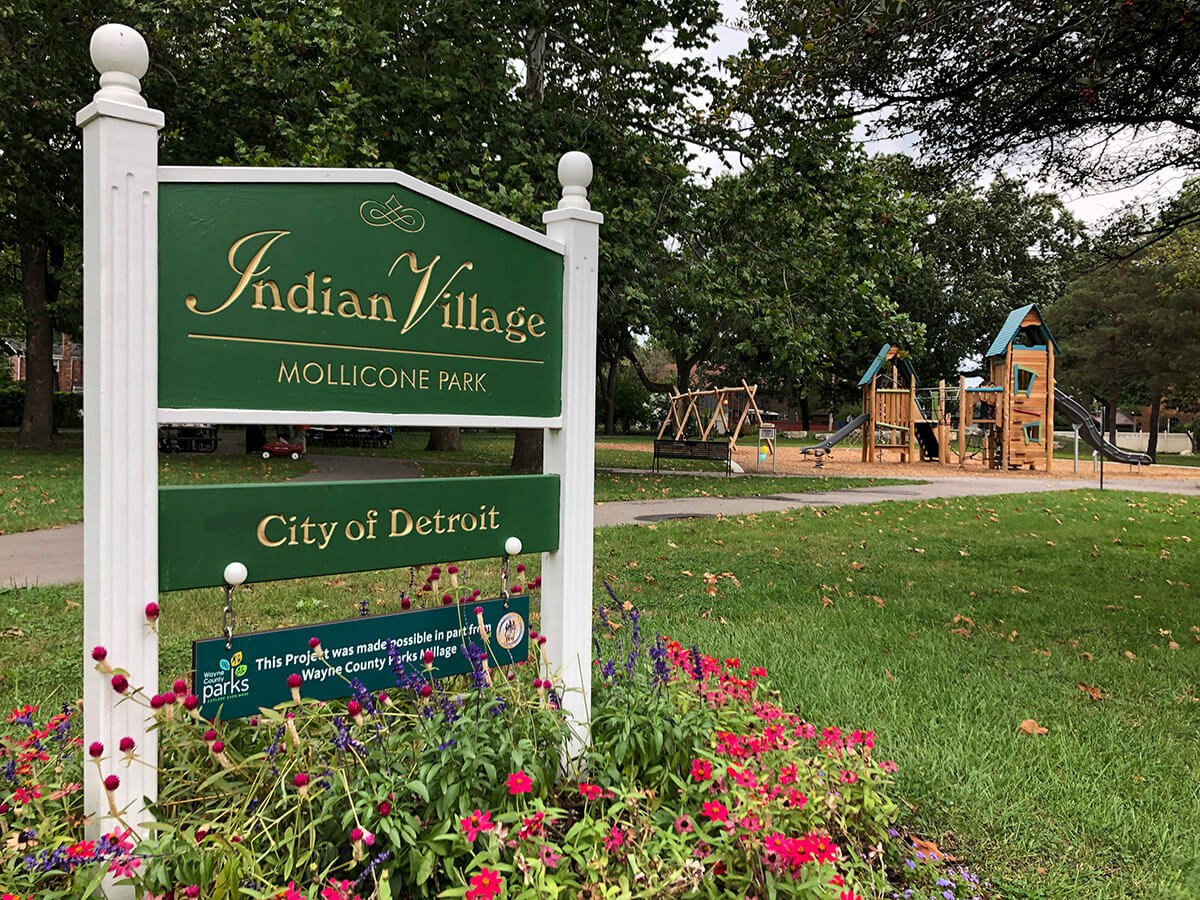 2018Mollicone Park
2018Mollicone ParkFriends of Mollicone Park was formed under the Indian Village Historical Collections 501(c)3 in fall 2016, and the group started working with the city on a vision. They held many community meetings with nearby churches, Nichols Elementary across the street, and neighbors to see what the community wanted.
The City of Detroit closed the park in 2013, the same the municipality declared bankruptcy. Greater Christ Baptist Church looked after it until the Friends of Mollicone Park was formed as a non-profit in 2016. Ground broke on the new pathway around the park’s interior in June 2018. The play structure would be complete by the summer of 2019.
- 1999
- 2023New Website Launch
Today is the day we launched our brand new website, and our online community! Check it out, at www.historicindianvillage.org
- 1999
Recent Comments
No comments to show.

Social Media Links

